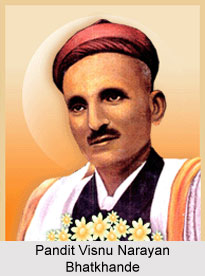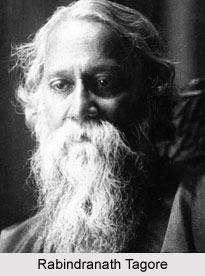 Hindustani classical music in modern India holds a distinct position in the cultural arena of northern India. Indian music has been simultaneously nurtured in two zones which have rendered distinguishing characteristics to it. Northern zone of the country from Srinagar to Belgaon and Dwaraka to Manipur has a different flavour whereas the music in southern zone including Kerala, Karnataka, Tamil Nadu and Andhra Pradesh has altogether different features. Both these streams developed as parallels and have enriched the musical heritage of country by lending it a variety of attributes and enchanting features.
Hindustani classical music in modern India holds a distinct position in the cultural arena of northern India. Indian music has been simultaneously nurtured in two zones which have rendered distinguishing characteristics to it. Northern zone of the country from Srinagar to Belgaon and Dwaraka to Manipur has a different flavour whereas the music in southern zone including Kerala, Karnataka, Tamil Nadu and Andhra Pradesh has altogether different features. Both these streams developed as parallels and have enriched the musical heritage of country by lending it a variety of attributes and enchanting features.The form of Indian classical music prevalent in north is known as Hindustani classical music. It has contributed much in the cultural growth of India. Its origin is enrooted in ancient past in the times of the Gandharva-Sangita and the Sama Gana. The course of development of Hindustani classical music has passed a number of phases and has witnessed social as well as political upheavals. In today's world this form of music has a distinct identity and its present form is the consequence of cultural evolution in India.
 Hindustani Classical Music in British Era
Hindustani Classical Music in British EraHindustani classical music has been greatly affected by political and social events that the country has witnessed since ages. British Empire in India had a profound impact on the culture of India and the period had greatly motivated the reformists. Foreign influences have also played crucial role on Indian music and the values that boosted its growth have been imbibed by it. Socio cultural scenario of the country underwent a huge transformation owing to the thought process brought by the British. On one hand as it had caused a devaluation of traditional concepts, on the other it has also led to the revaluation of the set norms and practices. This music has always fought its way to find a place that represents the pride of Indian culture.
During the long British rule of nearly 200 years Indian music was immensely neglected. No recognition was provided to it as a form of education or to develop it as a significant aspect of Indian culture. However, Indians have always felt a deep affection for Indian music and have extended their patronage and appreciation. They have accepted it as an integral part of their culture as well as an important component of amusement. A number of musicians in that era who had taken up music as their profession took pride in it and made efforts to popularize it by imparting training to the aspirants. This has played a key role in preserving this precious form of art and also helped in changing the outlook of people. The legacy of Indian classical music has been transferred from generation to generation and in many cases emerged as a family profession and an important part of social customs.
For more, visit the link below: